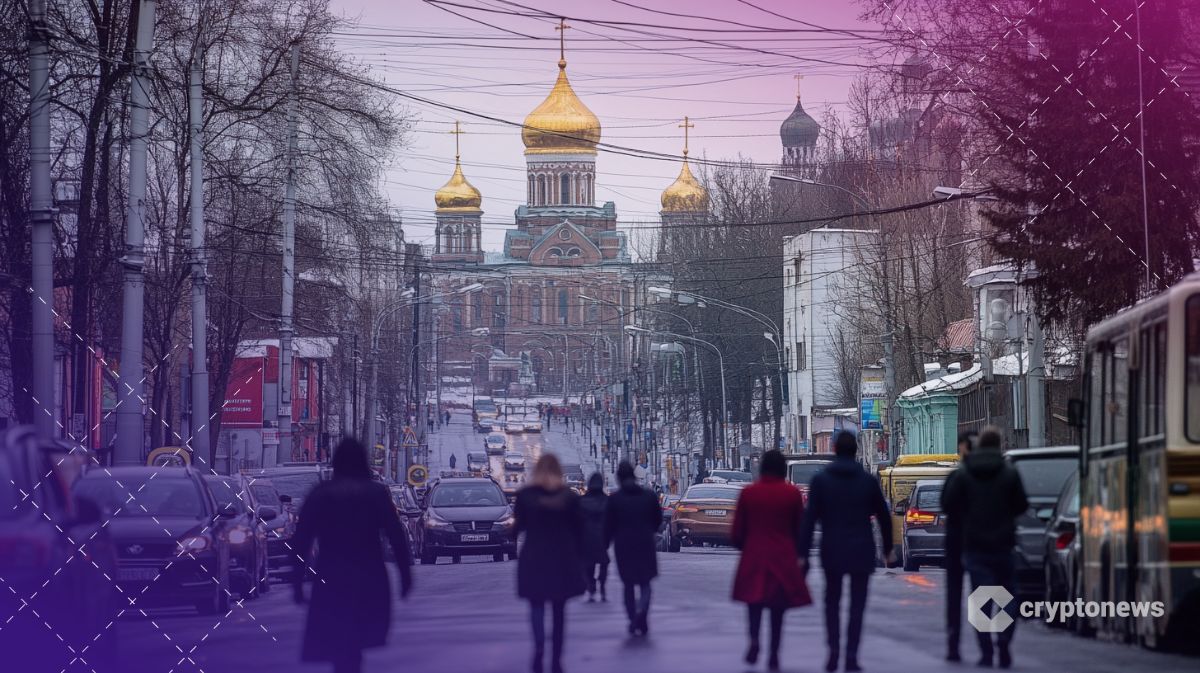Bitcoin ETFs mark third week of consecutive inflows as BTC holds steady
Investor attention on U.S.-listed spot Bitcoin ETFs has remained strong in recent weeks, with the funds continuing to log billions in inflows as broader market sentiment improves.
According to data from SoSoValue, the 12 spot Bitcoin ETFs recorded a combined $2.22 billion in net inflows between June 23 and 27. This figure marks their strongest weekly performance since May 23 and the longest streak of consecutive inflows since January 2025.
BlackRock’s IBIT once again posted the highest inflows, pulling in $1.3 billion and outperforming the rest of the funds by a wide margin. Fidelity’s FBTC followed, recording approximately $504 million.
Other funds, including Bitwise’s BITB, VanEck’s HODL, and Ark’s ARKB, saw more modest activity, while in contrast, Grayscale’s GBTC recorded outflows of approximately $5.7 million.
The sustained inflows come as Bitcoin (BTC) holds steady in performance. Trading near $108,200 at the time of writing, the crypto market giant has posted a 7% gain over the past week. The price recovery follows a sharp dip earlier in the month, when BTC briefly fell below key support levels amid macroeconomic uncertainty.
Bitcoin’s rebound has lifted market sentiment and boosted investor confidence across the broader market, with growing optimism that the asset could maintain its momentum and retest previous highs.
Alongside the positive inflows, institutional accumulation is also accelerating among ETF issuers. During the latest streak, the group collectively purchased an estimated 21,030 BTC. BlackRock dominated the buying activity with $1.15 billion worth of Bitcoin, extending its weeks-long purchase streak and pushing its total holdings to a record $77.7 billion.
Combined, the U.S. spot Bitcoin ETFs now hold $133.17 billion in net assets, representing roughly 6.25% of Bitcoin’s total market capitalization.
Meanwhile, the Ethereum counterparts of the funds are also gaining ground. U.S.-listed spot Ether ETFs recorded approximately $283 million in net inflows during the same period, marking their seventh straight week of gains.
You May Also Like

When Cryptocurrency Returns Are Poor, You Need a Plan B

Russia’s Sberbank Seeks Green Light for Crypto Custody Amid Regulatory Push
